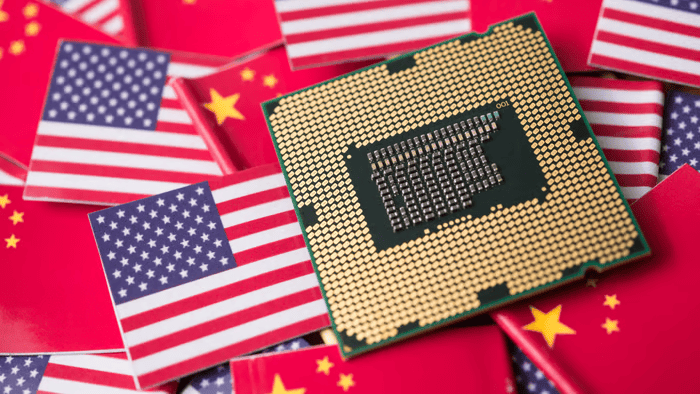
Image source: Getty Images
The global technology race is accelerating, and it isn’t just US-based giants like Nvidia and Microsoft that are driving the story.
Across Asia, companies are building the chips, cloud infrastructure, and platforms essential to artificial intelligence (AI), robotics, and advanced computing. For Australian investors, one way to access this growth is through the BetaShares Asia Technology Tigers ETF (ASX: ASIA), which recently touched 52-week highs.
A basket of heavyweights
The ASIA ETF holds the 50 largest Asian technology companies outside Japan, spanning China, Taiwan, South Korea, and India. Its holdings include well-known names like Tencent, Samsung Electronics, and Taiwan Semiconductor Manufacturing Company (TSMC). Together, these businesses are the backbone of data, compute, and AI — the “picks and shovels” of this digital revolution.
China’s push for AI supremacy
China is making no secret of its ambition to compete directly with the US for AI leadership. Geopolitical tensions and restrictions on advanced US chips have forced Beijing to accelerate domestic semiconductor efforts. Alibaba Group Holding Ltd (NYSE: BABA) is a central figure in this strategy.
The company’s cloud intelligence division has posted 26% growth, with AI-related products delivering eight consecutive quarters of triple-digit revenue increases. Alibaba is also investing 380 billion yuan into AI infrastructure, including the rollout of its own T-Head accelerator chips, which are now being deployed by China Unicom in a new, approximately US$390 million data centre.
These moves highlight a structural shift: Rather than relying on US technology, China is determined to build self-sufficiency in semiconductors and AI models. For investors, this provides a runway of growth that global markets may not fully appreciate.
Alibaba’s comeback
After a difficult few years of regulatory pressure, Alibaba shares have staged a powerful rebound. The share price has nearly doubled in 2025, buoyed by renewed state support for national champions, fresh capital raising to bolster its cloud infrastructure, and the return of co-founder Jack Ma’s influence.
While revenue growth remains moderate, its e-commerce platforms Taobao and Tmall are still highly profitable, generating enough earnings to fund ambitious investments in AI and cloud. With shares trading at forward earnings multiples in the mid-teens, Alibaba is positioned as both a recovery story and an AI growth play.
Contrarian appeal
While much of the market’s attention is fixated on American innovation, some contrarian investors are casting their eyes elsewhere. US stocks trade near cycle highs, yet Chinese and broader Asian equities remain relatively depressed despite being central to the AI boom.
That valuation gap is evident within some of the holdings of the ASIA ETF. Where companies like Nvidia trade on lofty multiples, names such as Alibaba and Baidu still command far more modest pricing. For investors seeking growth exposure at more reasonable entry points, that difference is worth considering.
Foolish Takeaway
The BetaShares Asia Technology Tigers ETF offers Australians a way to participate in the AI and compute race through a diversified basket of regional leaders. With China and its neighbours investing heavily to rival the US, companies like Alibaba, TSMC, and Samsung are at the centre of this transformation.
The ETF isn’t without risks — regulatory shifts and geopolitics remain front of mind — but as a satellite position alongside core holdings, it provides exposure to one of the most important technology stories of our time.
